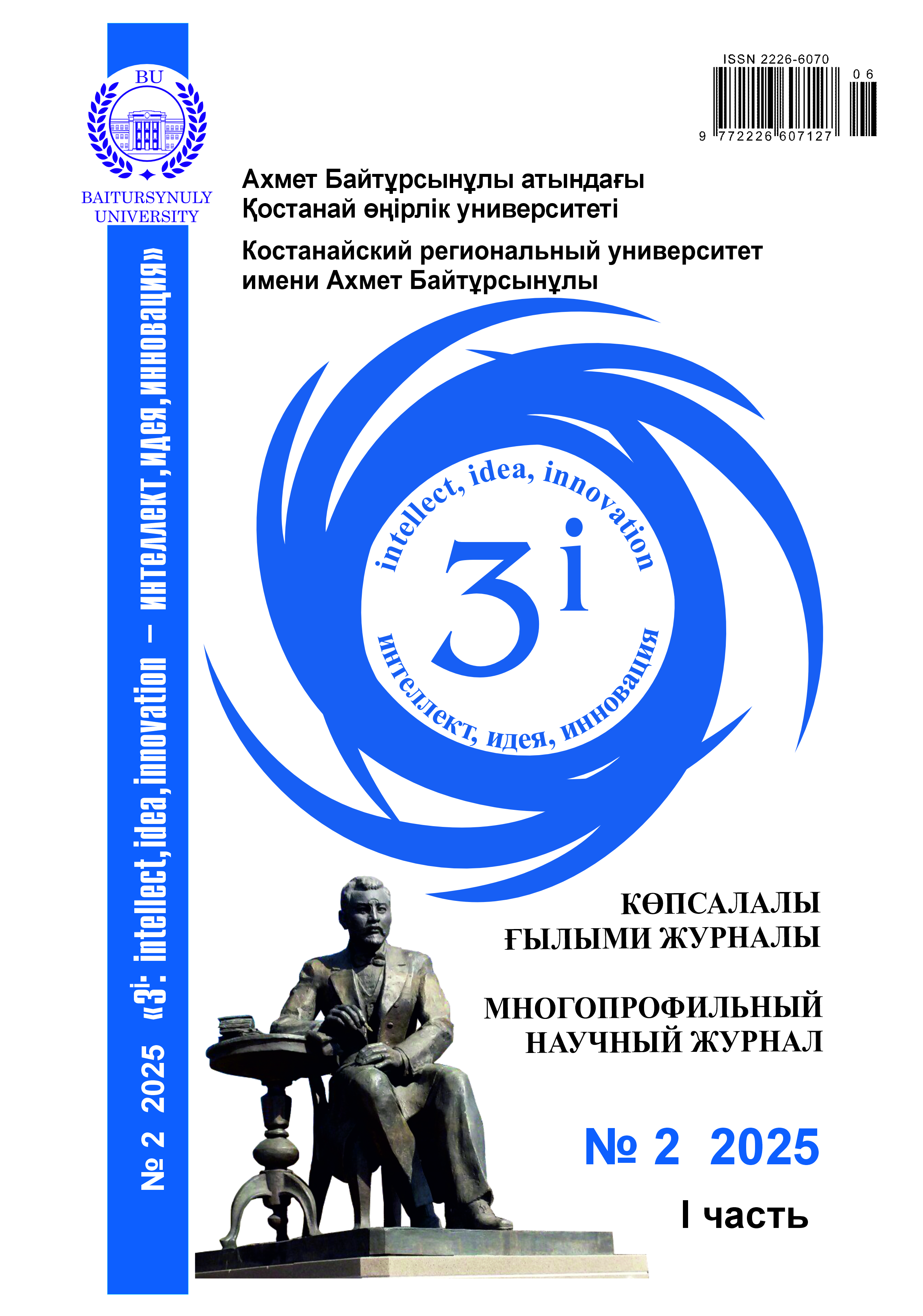ASSESSMENT OF THE POTENTIAL OF PERENNIAL LEGUMINOUS CROPS FOR THE FORMATION OF A MELLIFEROUS CONVEYOR IN THE ARID STEPPE OF THE AKMOLA REGION
DOI:
https://doi.org/10.52269/RWEP2521143Keywords:
perennial leguminous crops, melliferous conveyor, steppe zone, yield, nectar productivityAbstract
This study presents an assessment of the productive potential of perennial leguminous crops (Medicago × varia, Onobrychisarenaria, Melilotusofficinalis) under the arid steppe conditions of the Akmola region of the Republic of Kazakhstan. The research objective was to determine the nectar productivity and honey yield of these plant species to optimize the formation of a continuous melliferous conveyor in the region. Experimental studies were conducted at the A.I.Barayev Research and Production Center for Grain Farming on dark chestnut soils. The research objects included alfalfa (Medicago × varia, ‘Lazurnaya’ variety), Hungarian sainfoin (Onobrychisarenaria, ‘Shortandinsky Rubin’ variety), yellow sweet clover (Melilotusofficinalis, ‘Sarbas’ variety), as well as Carpathian honey bees (Apis mellifera carpatica).
It was found that pollination intensity assessed by the number of bees, reached its peak between 11:00 AM and 3:00 PM. The analysis of nectar productivity revealed significant differences among the studied crops. Yellow sweet clover and Hungarian sainfoin demonstrated substantially higher values compared to alfalfa.
During the research period (2022–2024), significant fluctuations in the hydrothermic factor (HTF) and bioclimatic potential (BCP) were observed. The years 2022 and 2023 were characterized by dry and extremely dry conditions, respectively, whereas 2024 had moderate moisture levels. The obtained results highlight the importance of selecting and introducing honey plants adapted to local conditions, such as yellow sweet clover and Hungarian sainfoin, to ensure stable honey production in the face of climate change and to establish a continuous melliferous conveyor in the steppe zone of the Akmola region.




